What does power feel like, look like, sound like?
I felt powerful and free as a child, running in our backyard catching snakes and biking two blocks from home to the nearby university to gaze peacefully at the flowing water of the library fountain. Until a neighbor boy skidded his bike to a stop and pushed me into the frigid water.
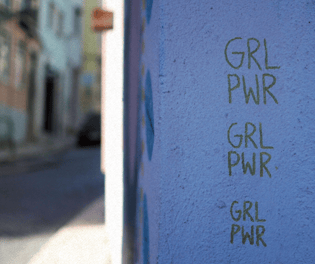 Generally, we don't think consciously about our power when we have it. It is much more obvious when we don't have power. In the United States, the dominant narrative is that we value each person equally and individually. Power clarifies the reality. Depending on your identities - such as gender, citizenship, race, education, sexuality, ability, and much more - we experience the world very differently.
Generally, we don't think consciously about our power when we have it. It is much more obvious when we don't have power. In the United States, the dominant narrative is that we value each person equally and individually. Power clarifies the reality. Depending on your identities - such as gender, citizenship, race, education, sexuality, ability, and much more - we experience the world very differently.
This topic of power raises many more questions than answers for me. I am curious and questioning. Let’s look at some definitions of power.
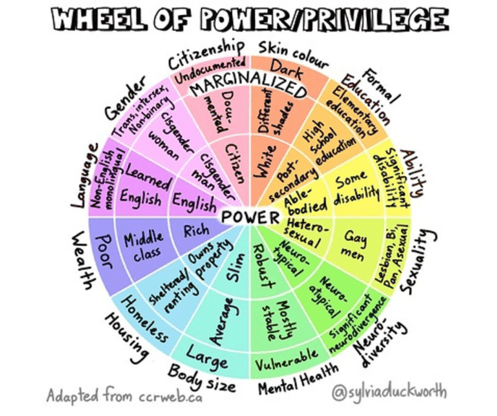 Intergroup Resources unpacks a definition of power. "In its most basic sense, power is defined as the ability to accomplish something or act in a certain manner. Dr. Martin Luther King, Jr. considered power 'the ability to achieve a purpose. It is the strength required to bring able social, political, and economic change.' People with power have the opportunity to shape their lives and the larger world around them.
Intergroup Resources unpacks a definition of power. "In its most basic sense, power is defined as the ability to accomplish something or act in a certain manner. Dr. Martin Luther King, Jr. considered power 'the ability to achieve a purpose. It is the strength required to bring able social, political, and economic change.' People with power have the opportunity to shape their lives and the larger world around them.
Power is unequally distributed globally and in U.S. society; some individuals or groups wield greater power than others, thereby allowing them greater access and control over resources. Wealth, whiteness, citizenship, patriarchy, heterosexism, and education are a few key social mechanisms through which power operates. Although power is often conceptualized as power over other individuals or groups, other variations are power with (used in the context of building collective strength) and power within (which references an individual's internal strength). Learning to 'see' and understand relations of power is vital to organizing for progressive social change.”
The last few years have drawn my attention to the fragility of power, as displayed in the willingness to stop at nothing to keep power and to look away when power is wielded unjustly. Power is closed off and self-protective. It demands respect and acts defensive, impersonal, and inauthentic. Power is violent; whether overt or cloyingly subtle. From nooses hung outside the US. Capitol a few short weeks ago, to making it illegal to hand out water to those waiting in a voting queue. From a leader publicly denouncing the anti-racism committee’s efforts because whiteness is named, to the leader that will not allow the collection of exit data regarding Black and Brown employees for fear of what it will uncover. From the white woman demanding to see the boss to an organization writing anti-racist public statements without working toward justice and equity of its internal systems and leadership practices and mindsets. Do you see power moves as leaders act unaware yet wield power mightily?
Power is a hierarchy. The more you have it, the more you protect it. Does it have to be this way?
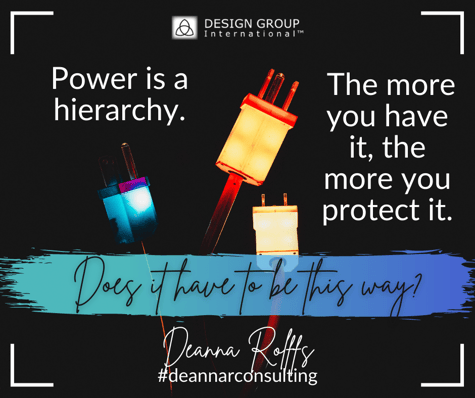
Power moves may not always be nefarious, but the inequitable byproducts are horrific: no federal law banning lynching, anti-racism committees run by consensus that serve to protect the comfort of the majority, refusal to consider one’s whiteness, lack of accurate hiring or exit data by race, and tone policing or silencing those that speak out about oppression. The examples are endless.
Not many people overtly disagree with the Rev. Dr. Martin Luther King Junior’s definition of power found above. We love to tout the myth of ubiquitous opportunities to shape our lives and the world around us. Our situatedness in identities that bring power, or lack thereof, tell a different, more accurate story.
I glance at my identities on the Wheel of Power/Privilege by Sylvia Duckworth. I come face to face with my power, based on a horrific hierarchy. I sit face to face with a majority of privileged identities and very few marginalized identities, while many people still claim equal opportunity and deny the existence of this hierarchy. I work to deconstruct, to hold up the mirror, to see power and marginalization more clearly.
The ever-present question: how do we use our power for good instead of evil?
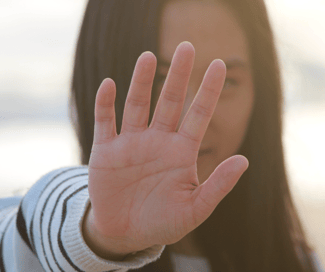 The Alberta Civil Liberties Research Center shares this about power: “We define Power as the “ability to influence others” in addition to having “access to resources, access to decision-makers to get what you want done, [and] the ability to define reality for yourself and others” (dRworks). It is important to understand that all power is relational, and different relationships can reinforce or disrupt one another. The importance of the concept of power to anti-racism is clear: racism cannot be understood without understanding that power is not only an individual relationship but a cultural one, and that power relationships are shifting constantly. Power can be used malignantly and intentionally, but need not be, and individuals within a culture may benefit from power of which they are unaware.”
The Alberta Civil Liberties Research Center shares this about power: “We define Power as the “ability to influence others” in addition to having “access to resources, access to decision-makers to get what you want done, [and] the ability to define reality for yourself and others” (dRworks). It is important to understand that all power is relational, and different relationships can reinforce or disrupt one another. The importance of the concept of power to anti-racism is clear: racism cannot be understood without understanding that power is not only an individual relationship but a cultural one, and that power relationships are shifting constantly. Power can be used malignantly and intentionally, but need not be, and individuals within a culture may benefit from power of which they are unaware.”
How are you increasing awareness of your power? Where do you see components of your intersectional identities of power or marginalization? How are you working to disrupt power dynamics and center marginalized people without acting as their saviors?
Fellow leaders and learners, I wish you courage and resilience for the journey.
Peace to you,


What I’m Reading
Regarding Power:
- Power, Intergroup Resources
- Defining RACISM: The Power Factor, Alberta Civil Liberties Research Center
- A Conversation About Intersectionality with Dr. Kimberlé Crenshaw on 1A
- Dynamics of Power, Inclusion, and Exclusion, Nonprofit Online News Journal by Lisa VeneKlasen and Valerie Miller
- Making Change Happen: Power - Concepts for Revisioning Power for Justice, Equality and Peace, Just Associates
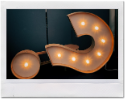
Questions for Consideration
Regarding Power:
- When are you aware of your power? What is your reaction?
- When are you aware of your lack of power? What is your reaction?
- What is your physical, mental or emotional reaction related to your lack of power?
- Where do you go to embrace learning, connect in community, and deconstruct dominant myths?

Upcoming
Leadership & Learning Topics:
- Liberatory Design Thinking is the Bomb
- What Do You Mean by Brave Spaces? I Want Safety!
- Triple Loop Learning Meets Anti-Racism
- The Alluring Lies of Rugged Individualism and Meritocracy
Tags:
learning, anti-racism, leadership, oppression, fragility, marginalization, anti-oppression, power
April 7, 2021

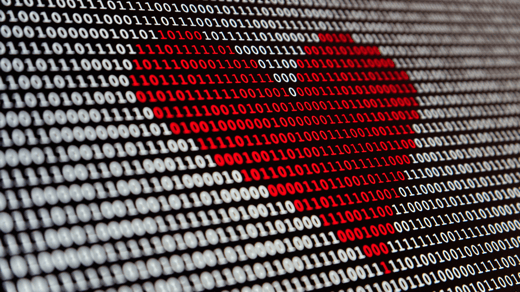
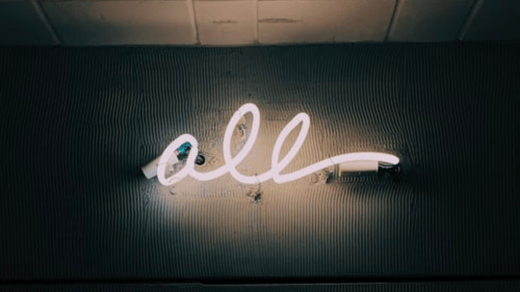
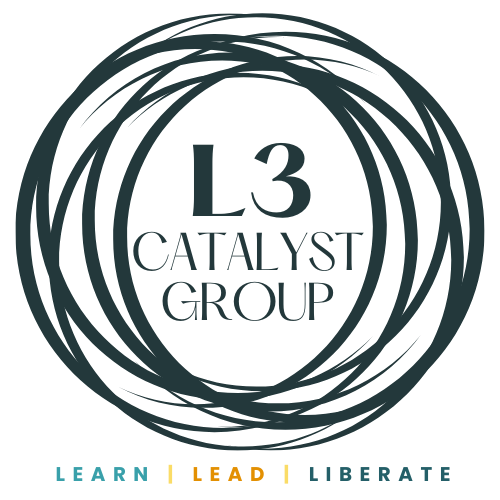
Comments